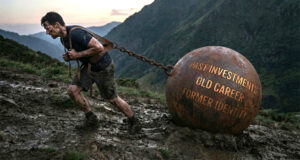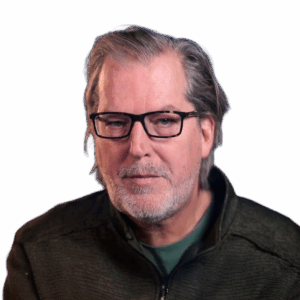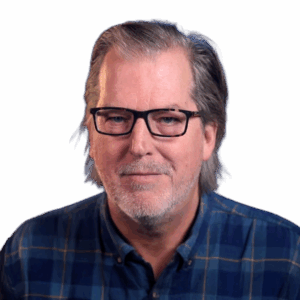
#84 | Frankly
Share Your Story: A Call for Responses to The Great Simplification
There are further directions on the video submission site to set you up for success when recording. Most of all, we are looking for real stories from real people. We ask that you simply show up as yourself.
The link to submit videos will only be live for a few weeks, so if you’d like to share your story for this project, the time is now.
Description
In an era of compounding global challenges, many ask “What can we do?” While The Great Simplification podcast explores the systemic nature of our predicament, some of the most creative and impactful responses are emerging directly from our audience. From educators weaving systems thinking into their curricula to entrepreneurs redirecting carbon project revenues to local communities, TGS viewers are already cultivating meaningful change in diverse and inspiring ways.
In this special Frankly, Nate launches a community-driven project to capture and share these stories and examples of transformation – from small to large scales, with personal and global impact. We invite you to submit a short video (maximum three minutes) sharing how engaging with TGS has influenced changes in your life – whether through community projects, career shifts, consumption habits, or local initiatives. These submissions will be compiled into an upcoming episode, creating a tapestry of responses to, in turn, creatively inspire others to imagine how these ideas might ‘rhyme’ with possible changes in their own lives and communities.
What paths are you forging in response to what you’ve learned? How might witnessing the diverse responses of fellow viewers spark new ideas for your own action? And what emergent responses to our cultural/ecological challenges might arise when we share our stories of transformation and change?
In French, we have a motto that says that a simple drawing is often better than a long explanation. Jean-Marc Jancovici Carbone 4 President
That’s very understandable because with left atmosphere thinking, one of the problems is that you see everything as a series of problems that must have solutions. Iain McGilchrist Neuroscientist and Philosopher
We can’t have hundreds and hundreds of real relationships that are healthy because that requires time and effort and full attention and awareness of being in real relationship and conversation with the other human. Nate Hagens Director of ISEOF
This is the crux of the whole problem. Individual parts of nature are more valuable than the biocomplexity of nature. Thomas Crowther Founder Restor





